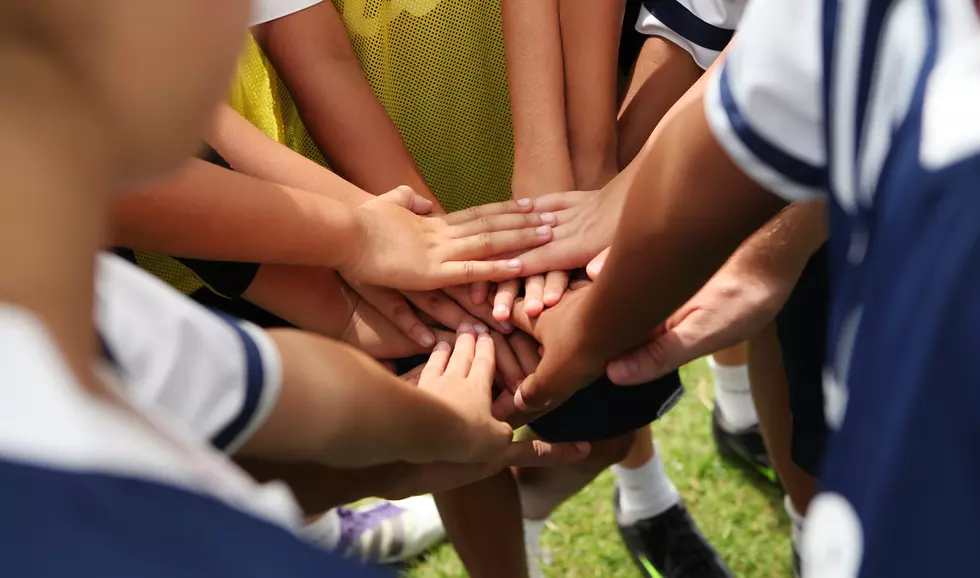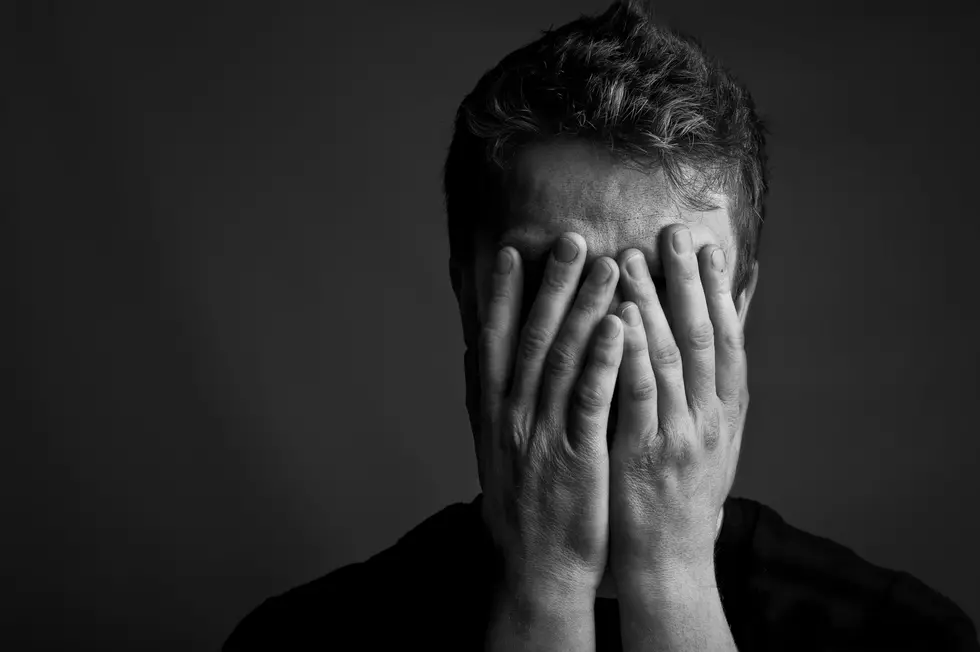
Student athletes can suffer mental health challenges, but there’s help
The New Jersey State Interscholastic Athletic Association is providing online support in response to recent data from The National Athletic Trainer's Association showing student athletes experience mental health challenges more often than their non-athlete peers.
Dr. Jack Kripsak, head of the NJSIAA medical advisory committee, said the NJSIAA website features testimonials from student athletes who went through depression and anxiety issues in their life and how they dealt with those issues.
There is also the NCAA Mind Body Sport report that student athletes should also read, he said, plus the numbers for several hotlines.
Kripsak said the NJSIAA will also be adding other mental health organization resources that students, parents and schools can reach for help with education and resources on how to deal with mental illness and anxiety and depression in sports.
The National Federation of High Schools has an online mental health awareness course for coaches that Kripsak is looking to make mandatory. The only state that requires coaches to take this course is Colorado.
Kripsak said the NJSIAA does not want to place a burden on anyone to feel that they have to help or treat these affected students other than recognizing a student athlete has had a change, then directing them to the appropriate resource.
"Our big thing is recognize and refer," he said.
Some signs of mental health challenges among student athletes may include lack of interest, being distracted, being late to practice, missing practices, not engaging in typical teenage social activities. They could also be exhibiting lack of personal hygiene or personal appearance, lack of interest in school and food and experiencing and anger outbursts.
Kripsak said it's always been the impression that athletes are happy: they're part of a bonding group of kids, coming together for a cause. But he said he does not see sports as a fun thing anymore. It's become more like a business where kids are trying to get to college.
"I think there's just a lot of pressure on these kids to perform on such a high level constantly, that it causes a lot of them to crack," he said. If they don't get into a school on a sports scholarship, it causes a lot of depression, he added.
Kripsak said the state needs to create help and awareness for these student athletes as the teen suicide rate continues to increase. The youth suicide rate is currently the highest it has ever been since collecting data in the 1960s, according to JAMA Pediatrics.
He said while it's great to talk to friends about an issue, it's vital to to talk to a professional and seek guidance.
More from New Jersey 101.5:
More From New Jersey 101.5 FM









